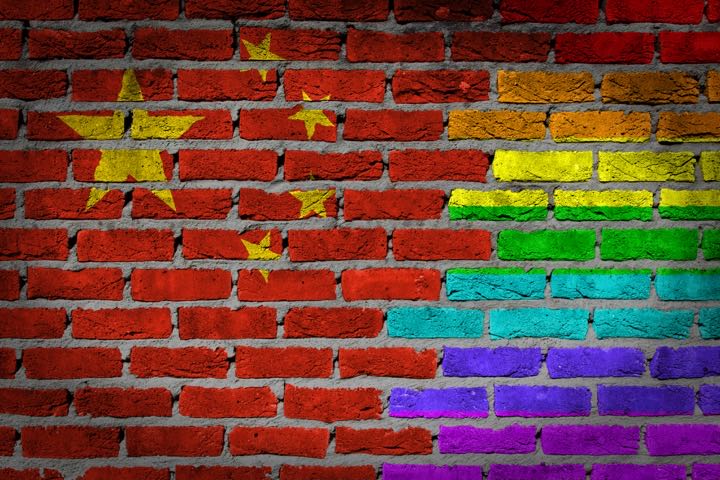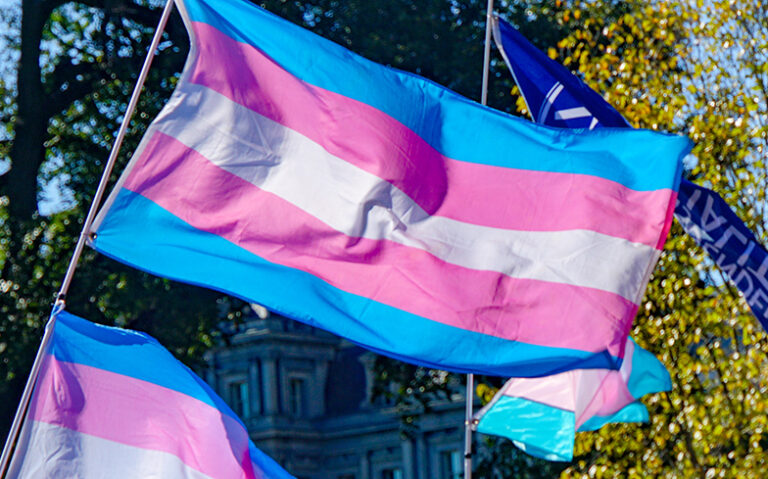
Chinese Couples May Soon Have Equal Property Rights

A wide ranging Chinese legislative package, the first in the nation’s history, was approved at the end of May and leaves the door open for same sex couples to have the power to grant each other the right to live in their property in the event of death or incapacitation.
A brief look into the recent history of the LGBTQI community in China confirms that homosexual relations were not legalised in mainland China until 1997 and homosexuality wasn’t taken off the offical list of mental illnesses in China until 2001.
The Australian Medical Association removed homosexuality from its list of illnesses and disorders in October 1973.
Even though Chinese law does not criminalise homosexuals or same sex relationships, it also does not recognise them, leaving Chinese same sex couples living in a limbo of quasi acceptance.
Same sex couples in mainland China have had various legal rights since 2017, by way of a system variously called “legal guardianship” or “guardianship agreement.” This system grants same sex partners the ability to make important decisions about medical care, property management, death and funerals and in the event of unexpected incapacitation, his or her guardian decides for them in their best interest.
The new civil code, which is an amalgamation of existing civil laws and which was passed by the National People’s Congress at the end of May divines the rights and duties of its 1.4 billion citizens. It comes into effect on the 1st of January 2021.
Buried amongst some 1,260 articles, is a chapter relating to ‘the right to reside’ which gives the property owner the power to grant another individual the right to live on the property for a term or for life, which offers much more legal protection than a will, which can often be challenged by family members.
There are concerns however, about how the implementation of the new code might work in practice and that because the code is very general in nature, it could leave room for individual interpretation or outright ignorance of the code, even though it is second only to the Chinese constitution in legal effect.
But for now at least, members of China’s queer community are happy with the new civil code in that it represents progress, though they will never forget that the LGBTQI community’s ultimate goal is for same sex couples to be included in China’s legal definition of marriage.
By Linc Jenkin










